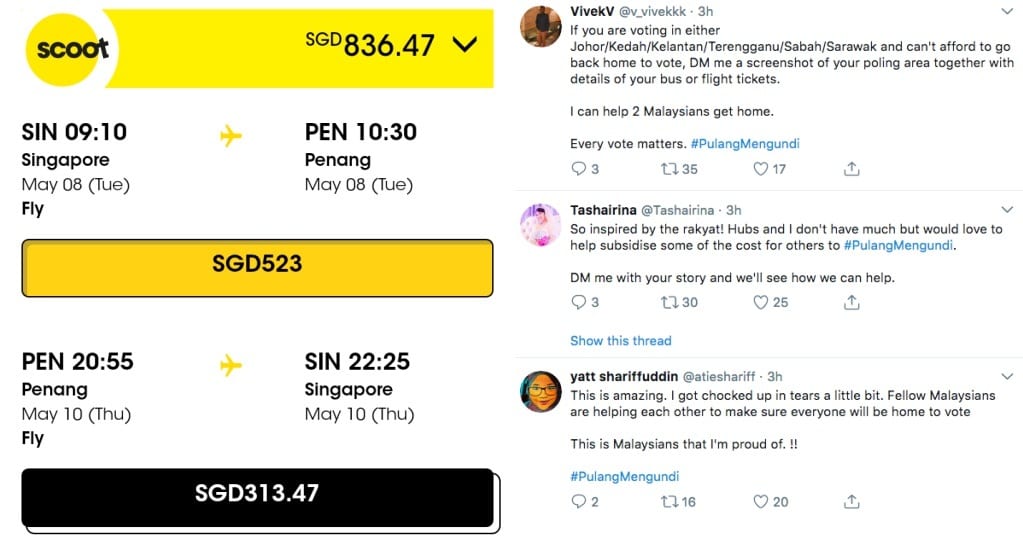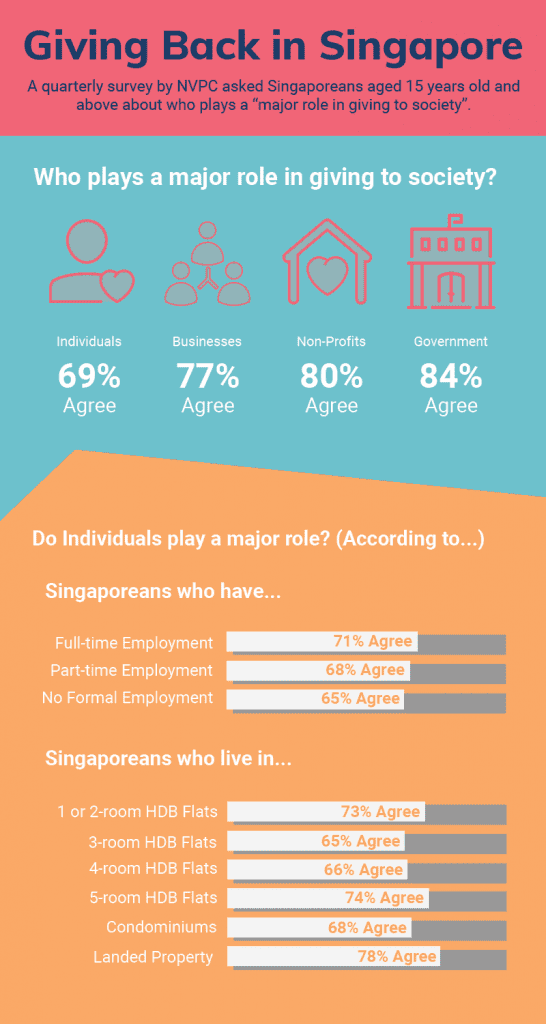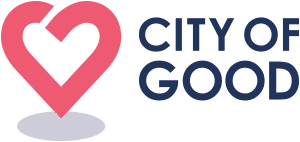The wave of ground-up giving during May’s historic election was as newsworthy as the result. So why do Singaporeans still doubt the power of the individual?
Unless you’ve recently returned from a Wifi-free resort, chances are you heard about a certain general election that occurred up in Malaysia last month.
The upshot: It was a historic election that saw former prime minister Tun Dr Mahathir Mohamed claim a stunning victory, against massive odds. Oh, and a stunning number of Birkin bags were seized in the aftermath too.
Like the kaypoh neighbour that we are, Singaporeans of course want to know what this all means. Political observers and reporters have spilled much ink over what the election will bode for the future of Malaysia, its foreign relations, and whether we’ll still be able to high-tail it to Kuala Lumpur on the HSR (high-speed rail).
But really, what does the election mean for us, ordinary folk?
One thing that stood out was the role of people power in the elections. Here, we’re not referring to the act of casting votes, but the remarkable show of gotong royong (communal spirit) on the ground.
The most heart-warming story of this entire election was how Malaysians came together to support each other to vote. Cafes and restaurants offered discounted meals to voters; businesses gave time-off and subsidised return flight tickets to encourage workers to head home on polling day.

Image credit: Mothership
Complete strangers took to social media to make carpooling arrangements, while others went as far as to offer their own “transport subsidies”, sponsoring bus tickets and gas. “I don’t have much but it’s the least I could do,” said one Twitter user who could not yet vote but offered to defray transport costs for those heading back to do so.
Do Singaporeans Think They Give Enough?
All these added up to a massive #faithinhumanity restored moment. But the episode is interesting for Singaporeans and our role in contributing to society.
In an NVPC quarterly survey conducted this March, we asked over a thousand respondents in Singapore to rate which of the following felt played a “major role in giving to society”: Individuals like themselves, businesses, the government or non-profit organisations.

We found that 69% agreed that individuals play a major role in giving to society. That sounds like a lot, but it’s not as much when compared to non-profit organisations (80%), businesses (77%) the government (a staggering 84%).
Put into context, we basically felt that a company like Apple does a better job than we do in giving to our fellow Singaporeans. Imagine that!
Certain segments of society had even less confidence in the role of individuals, including the unemployed (65%), and those without formal education (only 58.3%).
Moving up the hotly-debated SES (socio-economic status) ladder does not always result in a change of heart either. Singaporeans who live in 3- or 4-room flats were less likely to agree that individuals played a major role in giving to society (65% and 66%), compared to those living in 1-room HDB flats (73%).
A Giving Tsunami
So what’s going on here? Have we grown used to efficient institutions that do everything for us? Do we believe that we cannot make a difference?
If the latter is the case, we need only to look at the Malaysian story. The folks who stepped up were not tycoons or multi-nationals with deep pockets. They were homegrown SMEs, humble nasi lemak peddlers, and regular folk who happened to have spare seats in their cars. The common refrain from them: “It may not be much, but it’s what I can do.”
Modestly spoken perhaps. But the fact is these “not much” actions built up, resulting in an outsized result. So let’s have a little faith in ourselves. Let’s step up to do what we can in our daily lives. To borrow a popular metaphor from the election, there’s no reason why we can’t effect a “giving tsunami” by the people, for the people.



















